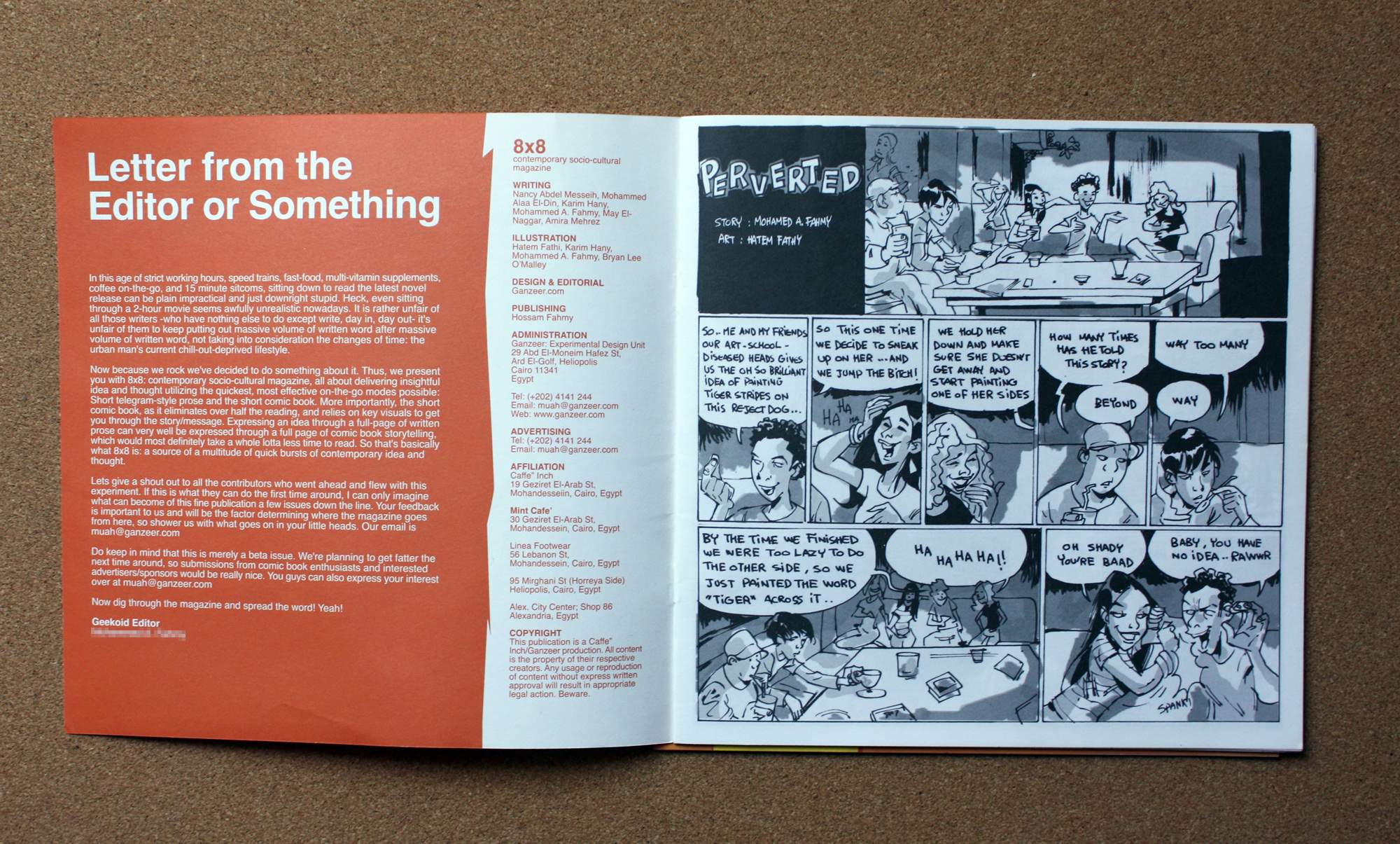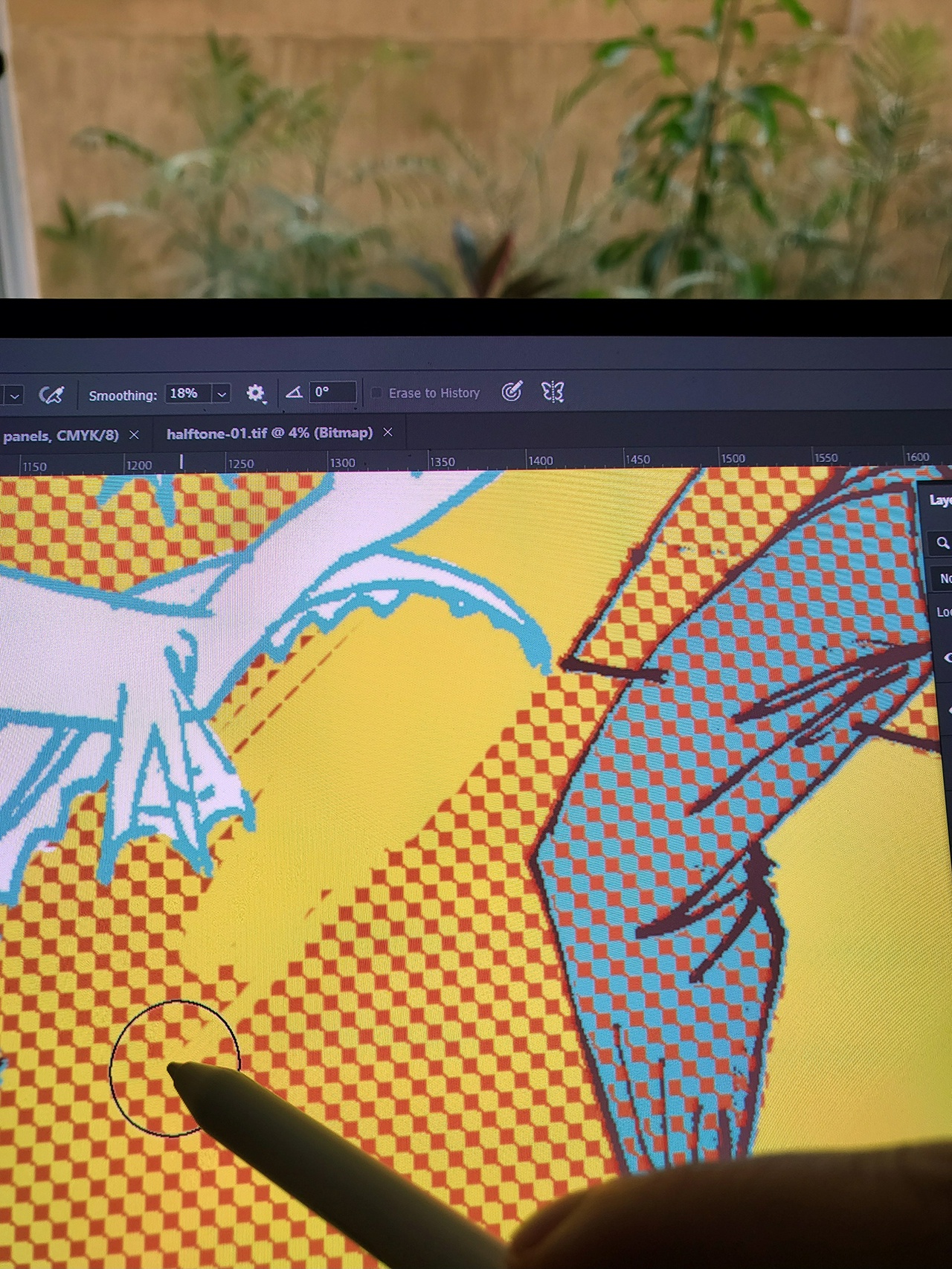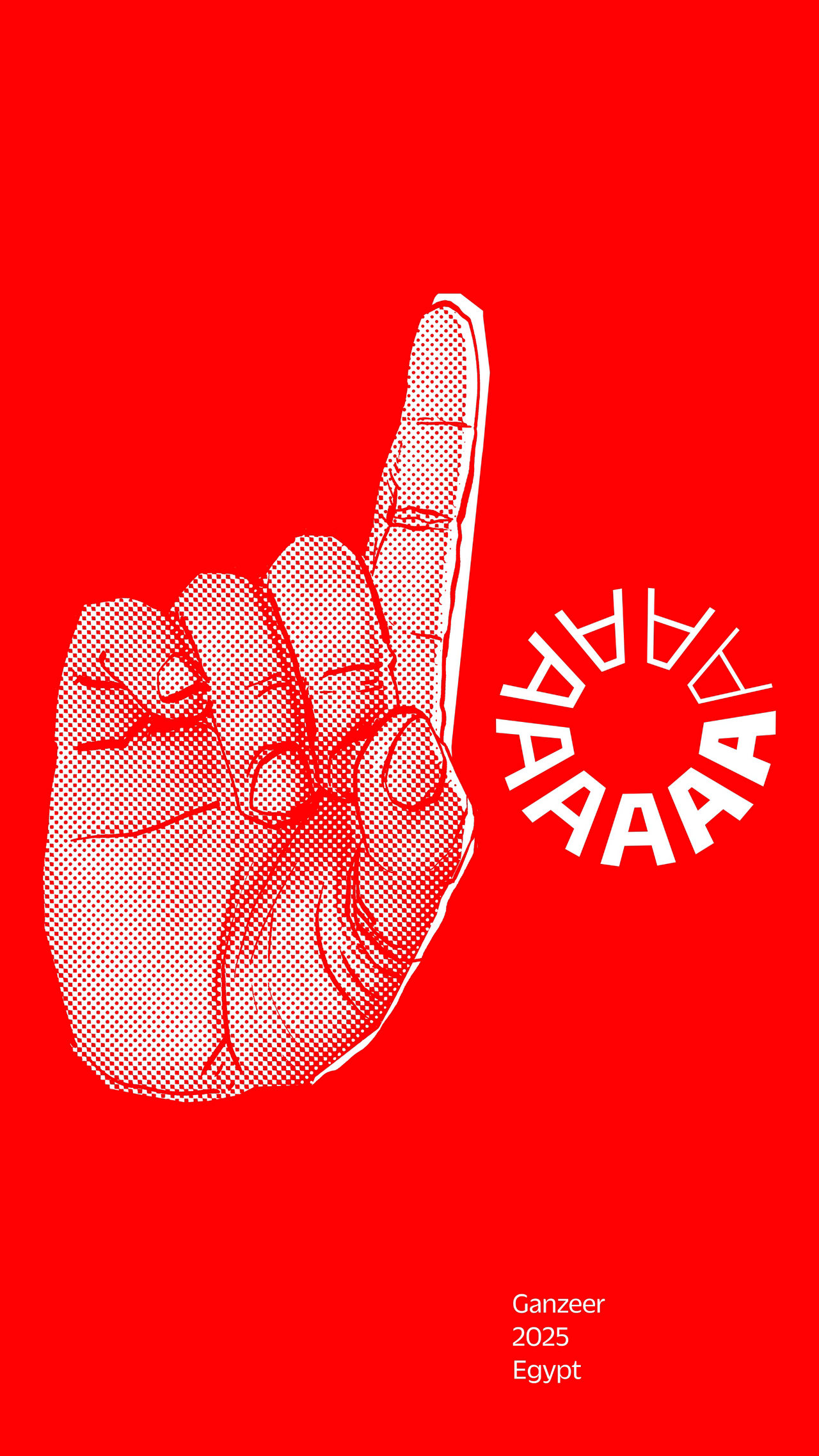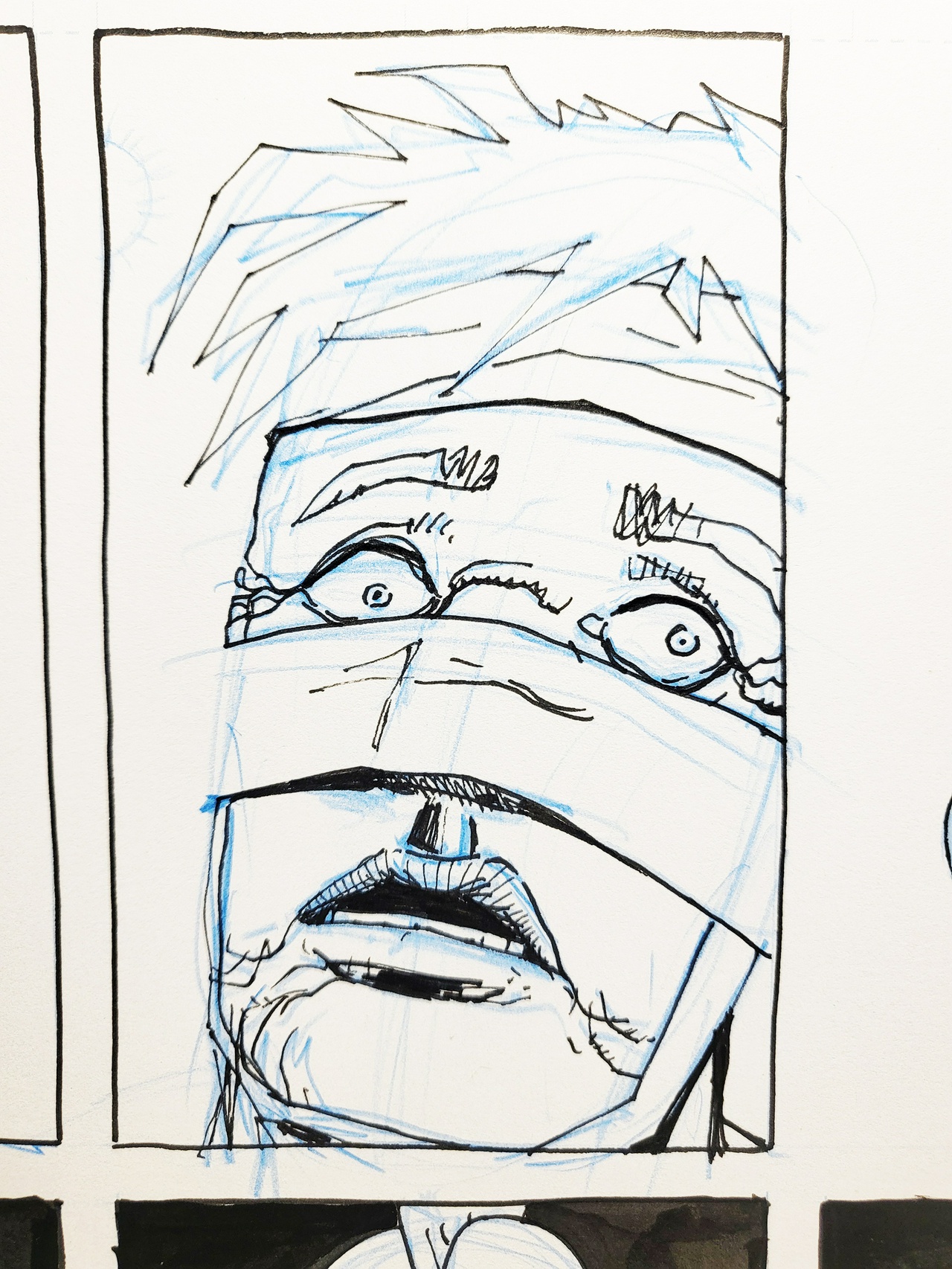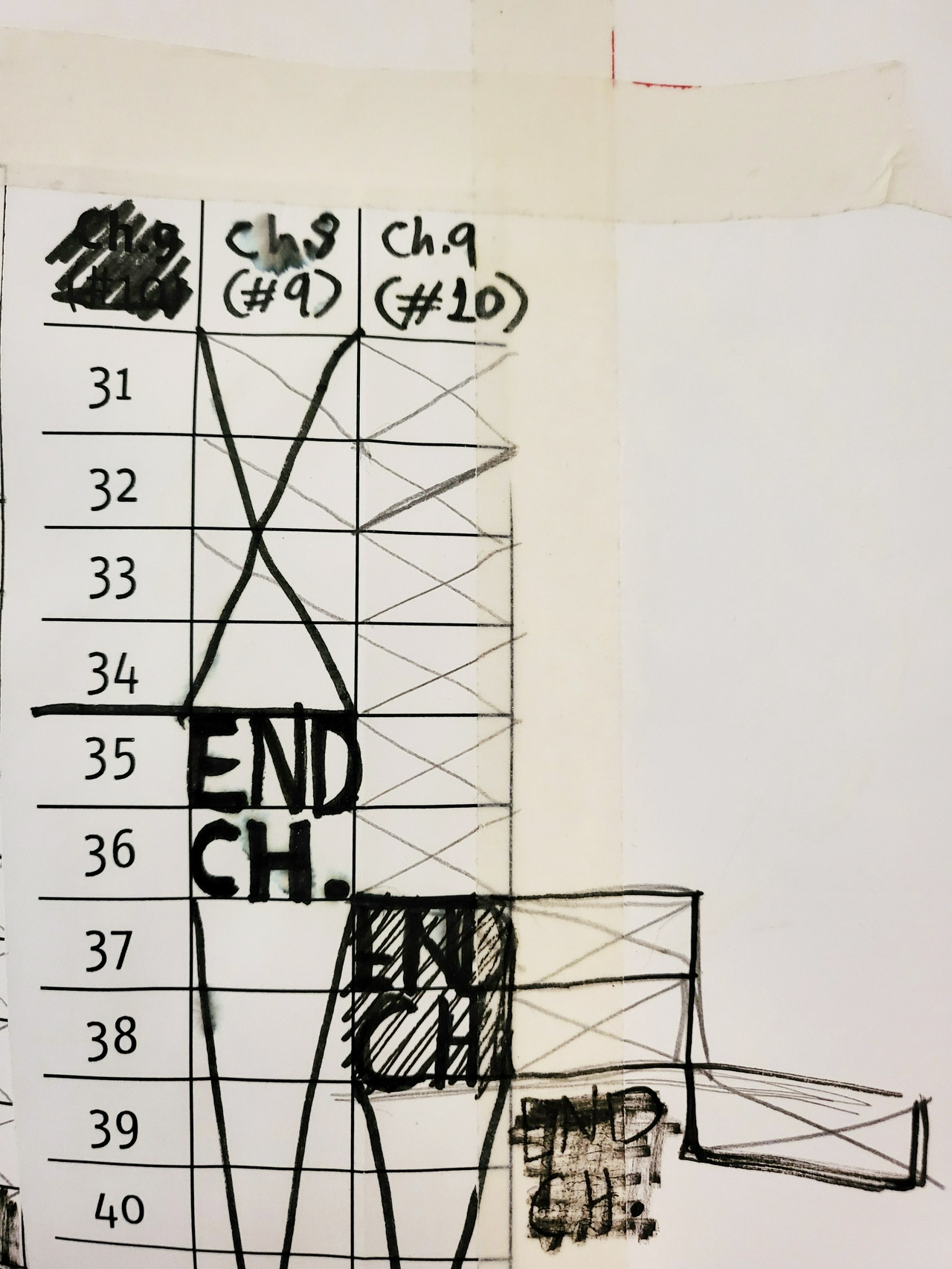
I have now been off social media for over a year. June 7, 2024 was the exact date I announced my last post on Instagram, and since then I've relegated my public-facing online presence to my website, my blog, and my newsletter. I haven't completely ignored Instagram though. During my time away I've been studying social media in silence, taking stock of how it's changed over the years, what it's become, and envisioning where it might go. And I've come to a few conclusions.
Social media right now—Instagram in particular—is a space tailored to four following functions:
1) Propaganda
2) Selling & Buying
3) Surveillance
4) AI-training
This is a far cry from Instagram's humble beginnings: a retro-varnished photo album. That's all Instagram was when I first got on: You snap a picture with your phone (and this was before the age of the selfie, before phones came equipped with cameras on their front), put a grainy filter on it, and post away. This made Instagram a delightful space to witness the world through the eyes of other humans. Although its transformation from that to what it is today has not at all been sudden, and occurred somewhat slowly through incremental changes, I imagine that many of Instagram's first gen users have not managed to acclimate all too well, either because it's turned into something they never signed up for, or because by the time they finally manage to adjust to the new ecosystem, the platform has already reinvented itself and transformed into something else yet again.
Two such transformations I can think of are:
a) Lifestyle-Influencer Playground: This worked before Instagram incorporated Ads and Promoted Posts. The only reason the influencer thing worked while it did is because it allowed things to be advertised to you without it looking like an advertisement. Posts were amateurish, intentionally so, fitting right in with all the other posts one scrolled through. They seemed genuine, not paid to push something. Now straight up advertisements adopt all the methodologies introduced by influencers, and with all the advancements made in generative AI, we can be sure that an uptick in digitally-constructed influencers will be inevitable. After all, Instagram's own AI has already mined a treasure trove of influencers' feeds, making it poised to position itself as the premier provider of artificially-generated Influencer-style content. I can picture them providing the service at very low cost along with their advertising packaging (not entirely unlike legacy advertising-houses who sell billboard space along with the production of the actual ad campaigns). Despite the low costs though, these developments are likely to see an adverse effect on sales. As more and more people grow suspect of the legitimacy of the content, they will become less inclined to spend their hard-earned money on all the things artificially shoved in their faces. A genuine recommendation always works better than a corporate sell.
b) De Facto Portfolio: Instagram never appealed to me as a portfolio space; you can't divide your work up into categories, and the design of the portfolio is identical to every other “portfolio” on the platform, thereby making the artist's visual identity subservient to that of the platform. And if that weren't problematic enough, there is now the small detail of all your artwork being mined by AI, an issue many artists are already facing the consequences of.
All this is good enough reason to abandon the platform entirely, which is exactly why I let my account go dark little over a year ago. But it is now clear to me that this is the online equivalent of abandoning the dense city center for going out in the middle of fucking nowhere. The peace and quiet of which may be nice, conducive to work even, but chances are... very hard to survive.
Therefore, the strategy of tossing the baby out with the baby water may not be sound. Instead, adopting a strategy of tactfully splitting one's time between the bustling city center and serene solitude may be a better approach. But that can't be the entire strategy; how one operates within said city center—or in this case Instagram—must be addressed, so as to achieve two things:
1) Work to the strengths of the platform's ecosystem.
2) Avoid all its issues (as best as one can anyway).
But before one can arrive at what can be done, we must first pinpoint what shouldn't be done:
Personal Photos: Between the surveillance and the AI-scraping, I feel like this is a no brainer at this point. But also, it kind of doesn't take the nature of the platform into account. Dominated by buying and selling, it would be like setting up the family mantel at the mall. It's just really out of place now, especially compared to what the platform was at its onset (that is not to say you can't do something unique or disruptive in a hyper commercial space, you totally can, but that is not what a personal photo album is).
No influencer-style shit: Especially the talking head format, it's the first thing AI will regurgitate. Your face, voice, and mannerisms will be stolen. You're practically paving the way for your own online demise.
No Portfolios: That is, don't post your work. This might seem like a ludicrous notion to artists whose only purpose for being on Instagram at all is to promote their work. Aha, but you see: Promoting one's work isn't necessarily the same as posting the work itself.
Allow me to explain. Take fashion for example; you have the work itself, which is the garment, but then you have the method by which the garment is promoted, traditionally done three different ways: The runway show, magazine ads, and window dressing. Sure, the work is present in each iteration, but it isn't the only thing present. A different way to present the work, tailored specifically to the attributes of the space in which it appears, is envisioned. Perhaps that is exactly the line of thinking we need to apply as artists when envisioning how best to present our work on the not-portfolio that is Instagram.
This line of thinking, I realize, actually ties well into the kind of purist approach I apply to my artmaking. In that what I do for a poster is very different from how I approach painting, which is very different from my comix, which is very different from my branding and graphic design work, which can be very different from my book covers or installations or street-art. Of course, some experience from one medium can be borrowed for another, and certain work from one medium might directly be incorporated into another, but each medium has its own set of strengths that I prefer to make use of. Perhaps it's apt to think of Instagram as its own medium too in a way.
Back on the topic of fashion again, there's one fashion-related Instagram account I follow that I thoroughly enjoy: @Frontoffice.co. Ken Sakata, the brand's creative director, does something really interesting where he posts these reels that act as quick, snappy deep dives into a garment's history, a certain weaving technique, or a beautiful dye. This is genuinely informative stuff, and the primary thing these videos do is pass on knowledge, but piggybacking on that is promoting Ken and his brand without coming off as overtly gross. If Ken Sakata knows so much, the viewer automatically associates skill, knowhow, quality, and attention to detail with Ken's brand.
Ken does fall into the talking head trap, thereby feeding his likeness, voice, and mannerisms to the AI module that will undoubtedly offer it back to future startups keen on taking the shortcut to emulating Ken's success. But there is a way around it: Do without the talking head and instead apply a voiceover to other footage you take.
But the important thing to note here is that Ken Sakata devised a methodology of promoting his brand that is perfectly tailored to the nature of Instagram. He also destroys the myth that volume matters most (a myth pushed forth by Instagram itself to encourage ever-increasing user engagement), because with only 42 posts to his name as of writing this, Ken has amassed 670K followers. Ken proves that quality matters way more than quantity, even on Instagram.
That is not to say that Ken's format—or even reels in general—are the only way to create Instagram-specific content. I've done a few myself in the past, typically process stuff; they're fun to make and all, but dealing with documentation mid-creating the work itself tends to pull me out of the headspace necessary to create the work, so it's not an approach the plays well to my own strengths. Not that I wouldn't create any reels anymore, but perhaps those can be special things posted once every blue moon. But for regular posts, it makes sense to come up with something else, something less distracting I can put together with relative ease.
Which got me thinking about magazines.
Allow me to explain; I spent a good chunk of my early 20s working in editorial design (and branding, a lot of branding), and while print is its own medium with its own specifications, much of the design theory that goes into editorial design ended up serving me well when it came to, say, web-design. Surely some of that design theory could also be put to good use for Instagram.
So Instagram has this carousel feature, right? We're so accustomed to treating it as way to post separate images, but what if those images were:
a) Connected.
b) Treated as pages from a magazine. Maybe not pages you flip, but perhaps kind of like an accordion-style book, given that the slides in a carousel are both standalone images and continuous.
The thing about magazines is that they're great vessels for showcasing or discussing pretty much anything. After all, you've got art mags, fashion mags, car mags, literary mags, you name it. So these “for-Instagram” templates that you generate, could arguably contain your work within them. Sure, your work is still there and therefore minable by AI, but it would exist within the context of a greater design, and you can design it so that the work is teased, cropped, falls between the “creases” of the carousel to speak, or devise any manner of method by which scraping the work on its own becomes a little more work for these AI-training modules. That's one idea, and it's not for everyone. Luckily for me though, years of toiling away at this sort of thing in my 20s means I can do this in my sleep now.
But by all means, if any other artists out there would like to steal this approach, please do! It would be nice to see more creators move away from the standard portfolio approach. For folks who aren't adept at editorial design or graphic design more broadly, I hope this post at least inspires you to come up with something that plays to your strengths.
Now, I have more thoughts on strategies to sabotage the AI mining of our art, but this post is already too long, so perhaps its best I save those for a future post.
Stay tuned.
#work #journal
